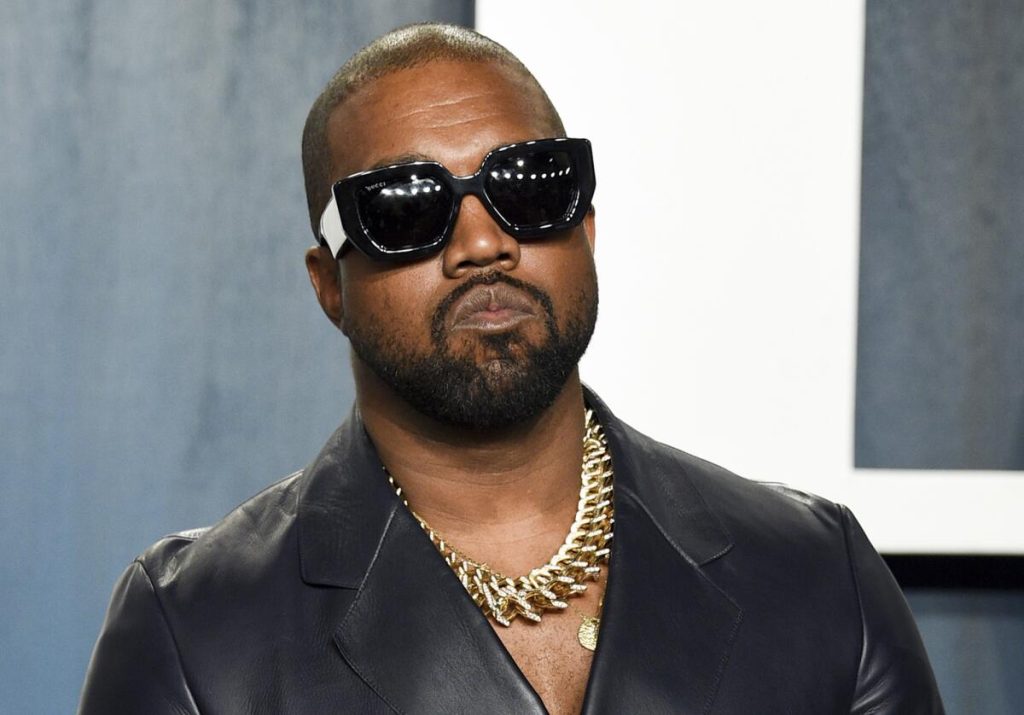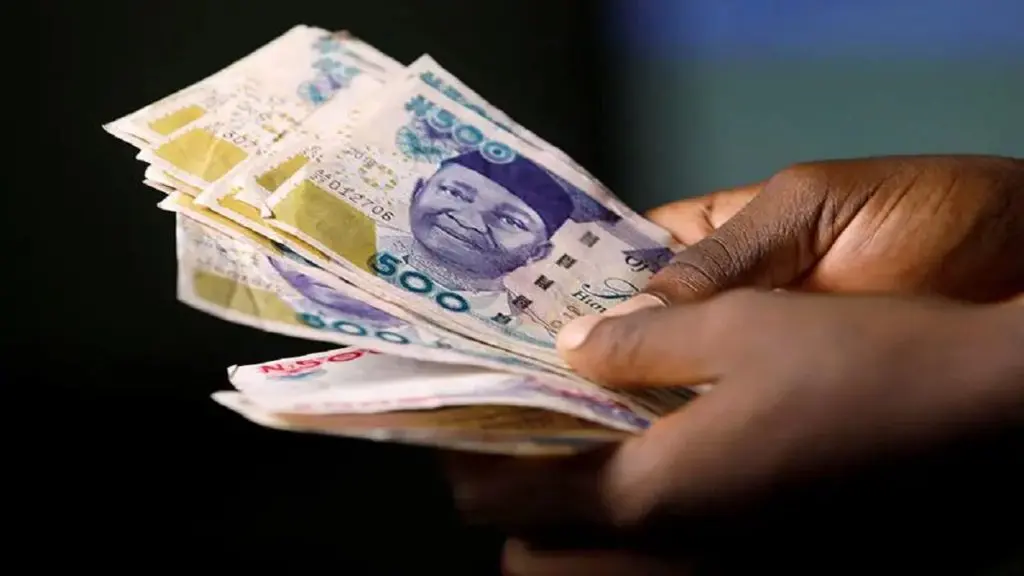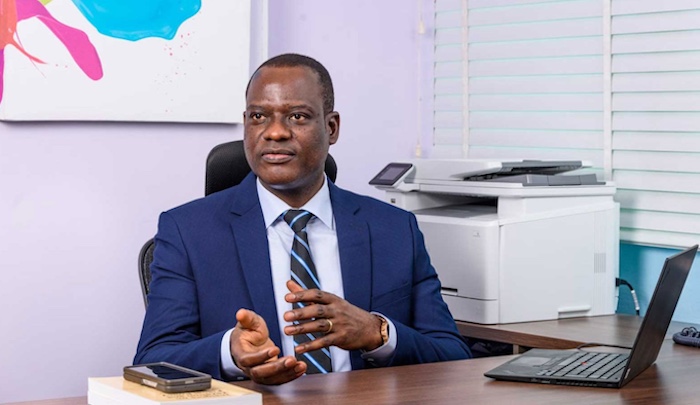As Bola Ahmed Tinubu is sworn in today as the fifth democratically elected president of Nigeria since the country’s return to democracy in 1999, his political journey over the years is a testament to his determination to rule the country. His political career began in 1991 as a member of the Peoples Democratic Movement, the political group of the late Major General Shehu Yar’Adua (retd.).
Despite being disliked by many, Tinubu’s years of experience gained by understudying Nigerian politics and tactics have worked in his favor. Notwithstanding the fact that not much is known about his early years, Tinubu has remained one of the most relevant politicians from the political class of the 90s, earning him the title of “Jagaban,” the leader of warriors, bestowed on him by the Emir of Borgu in Niger State.
Tinubu was elected as the Senator representing Lagos West constituency in the Third Republic that lasted for 22 months. During his brief stint in the Senate, he led the Senate Committee on Banking, Finance, Appropriations, and Currency, which made him one of the most active senators during that period.
In 1993, when former military dictator Gen Ibrahim Babangida annulled the June 12 Presidential election won by the late Moshood Abiola, Tinubu was among prominent Nigerians who kicked against the injustice and the move by the military dictator to perpetuate himself in office. Tinubu did not only physically participate in various peaceful protests against the annulment; he also addressed many press conferences to condemn Babangida and made the office too hot for him.
Following the resurgence of democratic rule in Nigeria, Tinubu’s political ambition continued to thrive as he emerged as the Lagos State governorship candidate under the Alliance for Democracy (AD). Tinubu won the gubernatorial election in a landslide victory, polling 814,000 votes to defeat the candidate of the Peoples Democratic Party, Dapo Sarumi.
Tinubu’s control of politics in Lagos and across his South-West region has not gone down well with his political opponents, who have continued to question and scrutinize his pedigree, educational qualifications, integrity, and other aspects of his life and political career. However, Tinubu struck an alliance with retired Major General Muhammadu Buhari, a serial election loser, in a bid to actualize his dream of ruling the country. The alliance between Buhari’s northern bloc of the Congress for Progressive Change and Tinubu’s southern bloc of the Action Congress of Nigeria would later birth the All Progressives Congress and make Buhari the President in 2015 and 2019.
In early 2022, Tinubu declared his intention to run for the presidency, and despite facing several hurdles such as the nomination of Kashim Shettima, ex-Borno State governor, as his running mate, and several lawsuits filed by the opposition parties disputing the outcome of the election, Tinubu emerged victorious in the February 25, 2023 presidential elections.
As Tinubu takes the oath of office today as Nigeria’s 16th President, his political journey serves as an inspiration for many Nigerians. Time will tell whether he can overcome the challenges to his ambition of leading the largest country in Africa as he aims to revive the hope that was dashed by the military in 1993.



